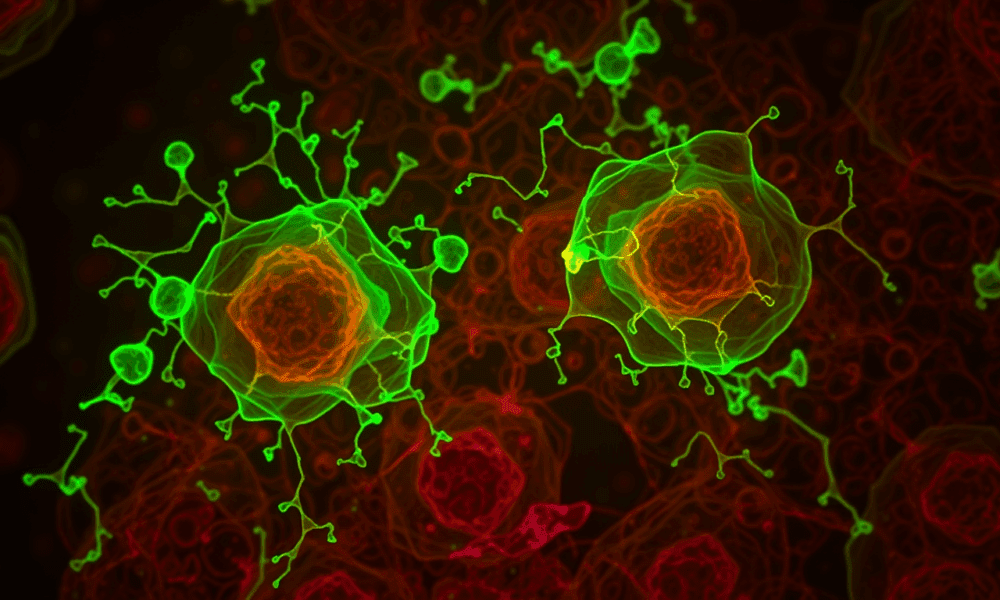
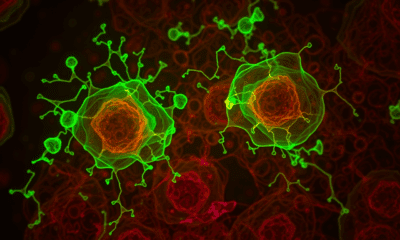

Scientists in Japan have discovered that a natural compound found in a type of ginger called kencur can throw cancer cells into disarray by disrupting how...

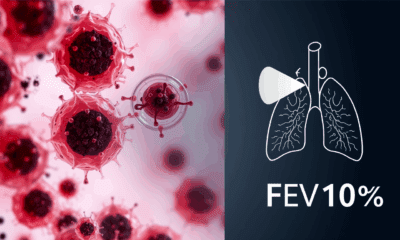

Scientists have discovered that people with COPD have lung cells that contain over three times as much soot-like carbon as those of smokers without the disease....
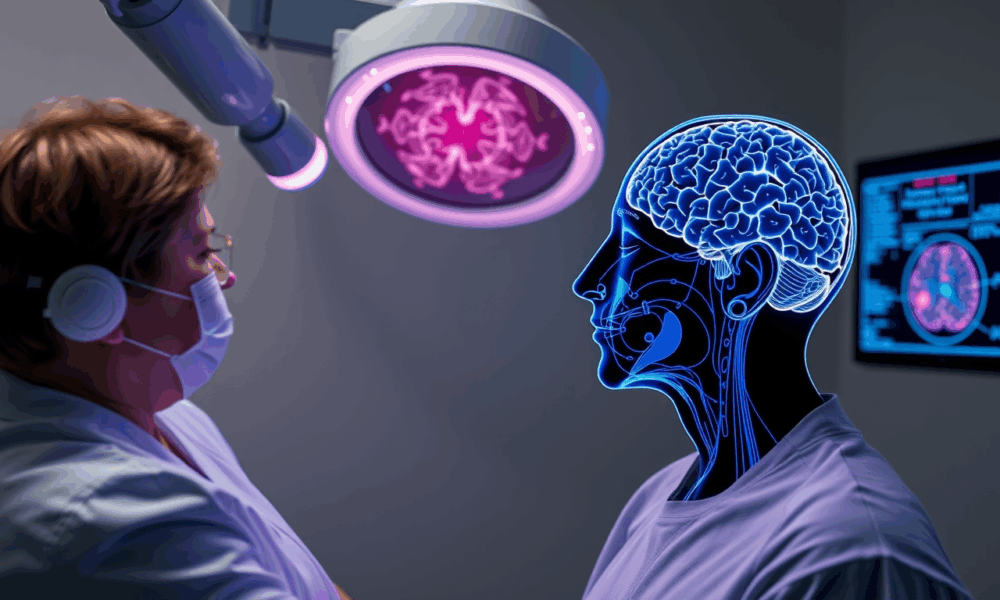
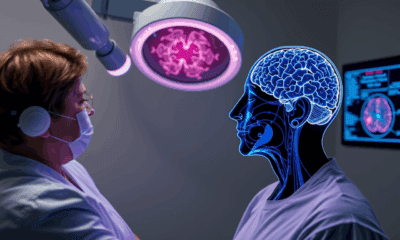

A breakthrough study from Keck Medicine of USC may have found a powerful new triple therapy for glioblastoma, one of the deadliest brain cancers. By combining...



A powerful new discovery reveals that Nup98 a protein once thought to only ferry molecules through the nucleus plays a vital role in safeguarding the most...
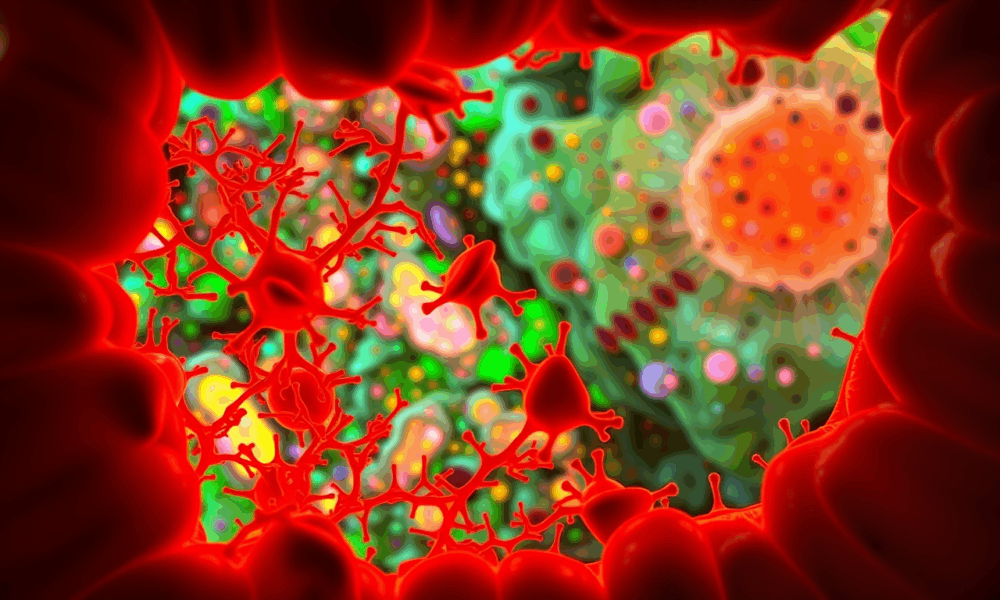
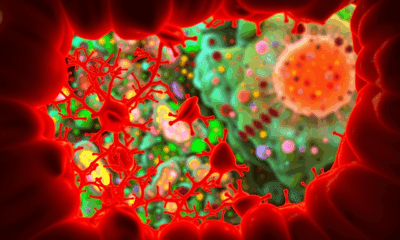

Chronic inflammatory bowel disease is challenging to treat and carries a risk of complications, including the development of bowel cancer. Young people are particularly affected: when...

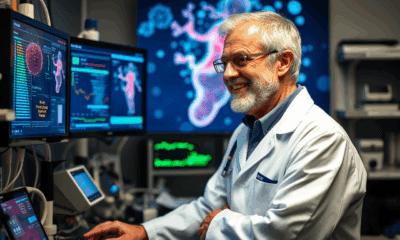

An international clinical trial shows an innovative CAR-T cell immunotherapy is promising against aggressive T cell cancers and has manageable side effects.
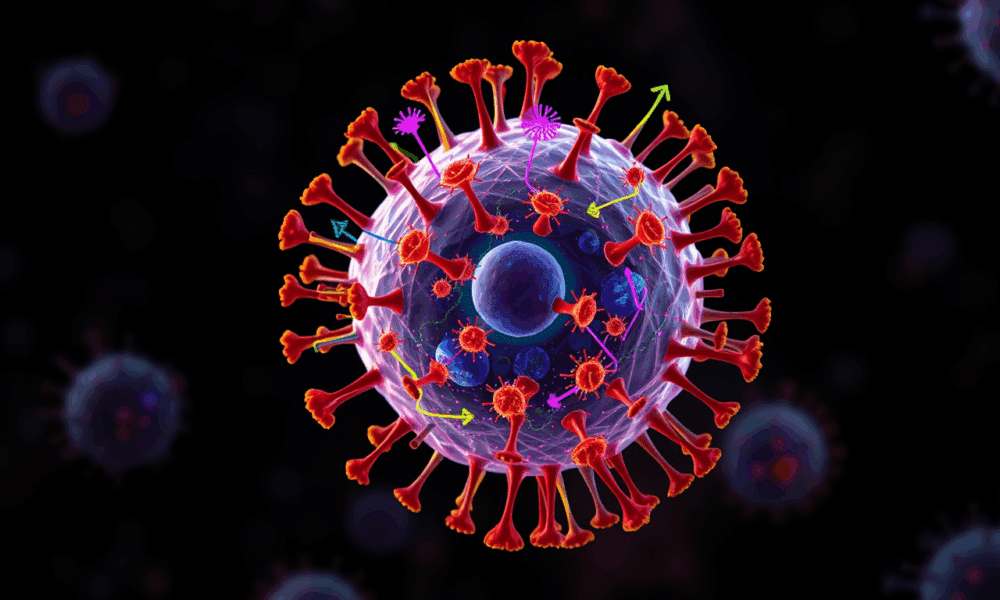
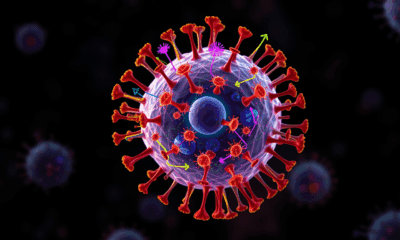

A team identified herpes virus saimiri, which infects the T cells of squirrel monkeys, as a source of proteins that activate pathways in T cells that...

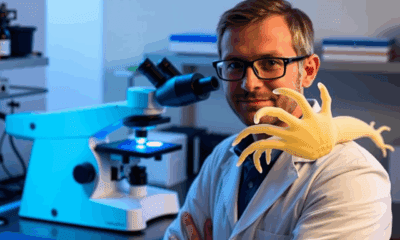

With its fascinating ability to regrow entire limbs and internal organs, the Mexican axolotl is the ideal model for studying regeneration. Scientists have now found a...
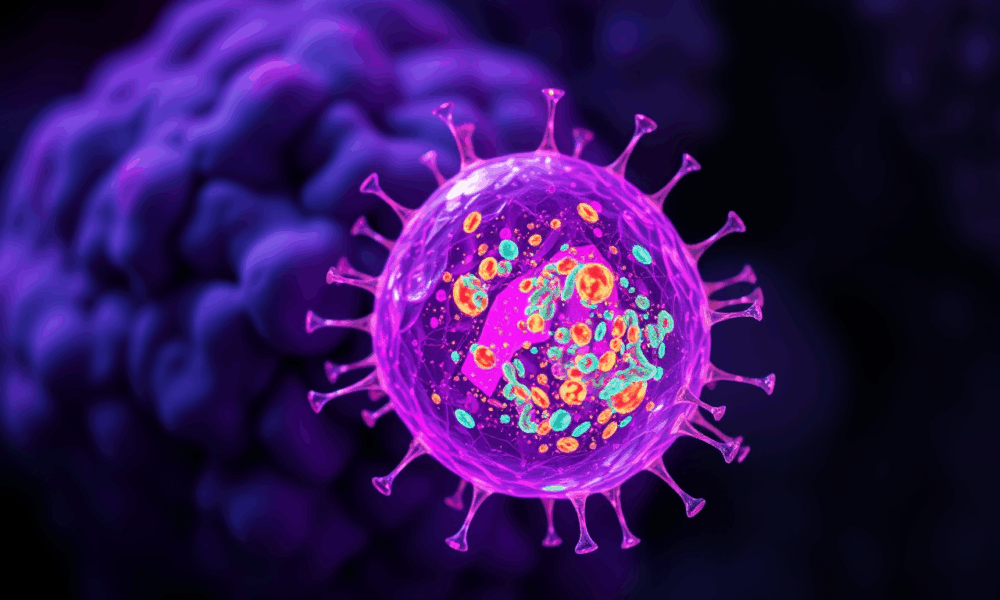
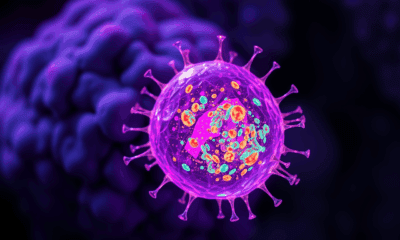

Cancer cells respond to stress with greater diversity. Drugs that affect DNA replication, or radiation that causes direct DNA damage, lead to increasingly diverse offspring over...
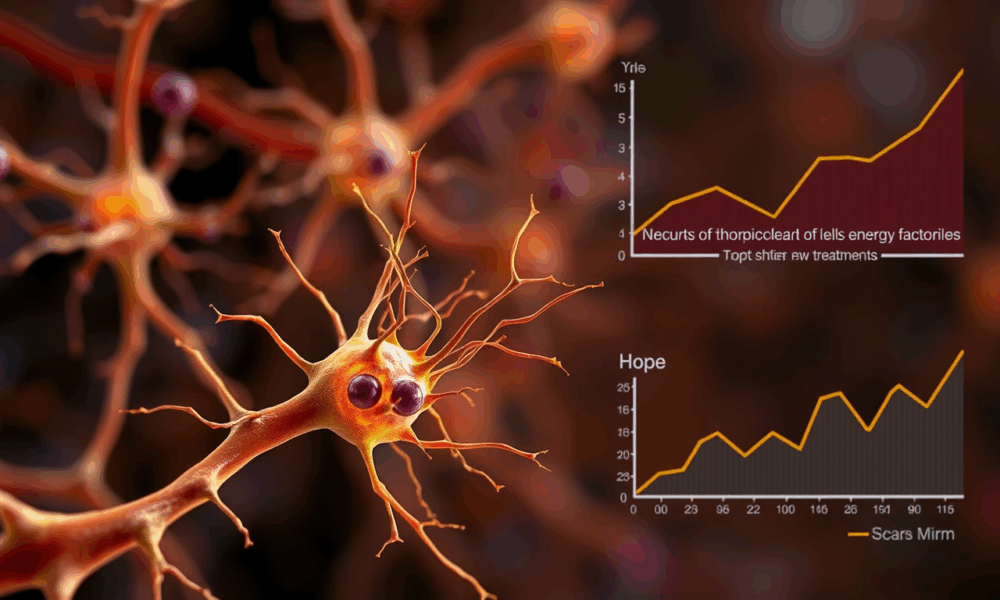
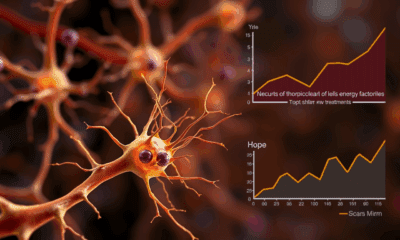

Using the gene scissors CRISPR and stem cells, researchers have managed to identify a common denominator for different gene mutations that all cause the neurological disease...